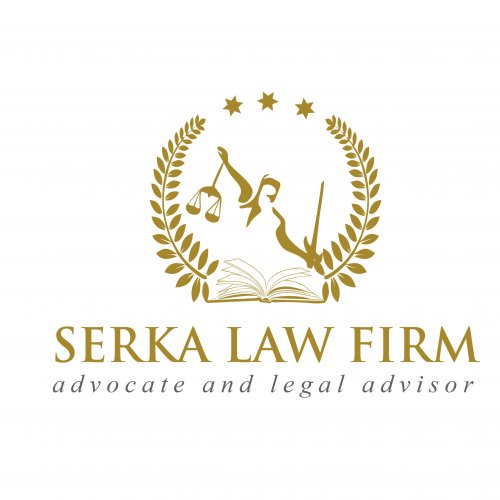Best Mortgage Lawyers in Istanbul
Share your needs with us, get contacted by law firms.
Free. Takes 2 min.
Free Guide to Hiring a Real Estate Lawyer
List of the best lawyers in Istanbul, Turkey
About Mortgage Law in Istanbul, Turkey
In Turkey, mortgage law falls under the greater umbrella of real estate law. The mortgage system in Turkey operates via the Land Registry Office. When you take a mortgage on a property in Istanbul, the mortgage (or hipotek in Turkish) is registered with the property's title at the Land Registry Office. The property thus becomes collateral for the loan. It is crucial to understand the legislation and the fine print of your mortgage agreement to avoid potential legal issues. "
Why You May Need a Lawyer
Mortgage laws can be complex which may require the assistance of a lawyer. For instance, if you are purchasing a property in Istanbul and need a mortgage, an experienced real estate lawyer can help ensure all paperwork is completed correctly. A lawyer can also be beneficial in mortgage disputes. If you are facing foreclosure or if you believe your rights as a borrower have been violated, you may need a lawyer to represent you. Finally, navigating the complexities of translating and understanding the legal terms in Turkish can be overwhelming for foreigners. Therefore, hiring a lawyer with expertise in Turkish mortgage law might ease the process considerably.
Local Laws Overview
In Istanbul, a mortgage is registered in conjunction with the purchase of property, and the property can serve as collateral for the loan. However, under Turkish law, foreigners' (non-Turkish citizens) purchasing property cannot exceed 30% of the total land area of the locality where the property is located. Furthermore, properties located in military zones cannot be purchased by foreigners. There are also certain financial regulations for foreign currency mortgages that need to be considered. Istanbul's mortgage law also has regulations regarding interest rates, loan-to-value ratios, and debt-to-income ratios to safeguard the borrower’s rights.
Frequently Asked Questions
What will happen if I fail to repay my mortgage on time?
According to Turkish law, if you fail to repay your mortgage, the lending bank can start foreclosure proceedings to recoup their loan.
Can I get a mortgage as a foreigner in Istanbul, Turkey?
Yes, foreigners can get a mortgage for a property in Istanbul. However, there are some restrictions, including a limit on the total land area of the property.
Can the interest rate on my mortgage change?
Fixed and variable rates are both available in Turkey, so the rate may change if you have chosen a variable rate mortgage.
What is the typical length of a mortgage in Turkey?
The length of a loan in Turkey can vary significantly, but most residential mortgages typically run for 10 to 20 years.
What are the fees associated with getting a mortgage?
There are various fees, including appraisal fees, underwriting fees, closing fees, and administration fees. The exact amount can vary depending on several factors.
Additional Resources
You might want to consider consulting local real estate agencies or brokers who are familiar with the practices and laws of Istanbul. The Turkish Banks Association and the Real Estate Registry and Cadastre Directorate General are also valuable informational resources.
Next Steps
If you find yourself in need of legal assistance with a mortgage-related issue in Istanbul, the first step is to locate a proficient real estate lawyer. Find a professional who specialises in Turkish law, as they can offer useful advice regarding local regulations. It is beneficial to keep all relevant documents organized and on-hand for any meetings or consultations. Take note of any queries or concerns you have related to your situation as thorough discussions with your lawyer can result in the best possible outcome.
Lawzana helps you find the best lawyers and law firms in Istanbul through a curated and pre-screened list of qualified legal professionals. Our platform offers rankings and detailed profiles of attorneys and law firms, allowing you to compare based on practice areas, including Mortgage, experience, and client feedback.
Each profile includes a description of the firm's areas of practice, client reviews, team members and partners, year of establishment, spoken languages, office locations, contact information, social media presence, and any published articles or resources. Most firms on our platform speak English and are experienced in both local and international legal matters.
Get a quote from top-rated law firms in Istanbul, Turkey — quickly, securely, and without unnecessary hassle.
Disclaimer:
The information provided on this page is for general informational purposes only and does not constitute legal advice. While we strive to ensure the accuracy and relevance of the content, legal information may change over time, and interpretations of the law can vary. You should always consult with a qualified legal professional for advice specific to your situation.
We disclaim all liability for actions taken or not taken based on the content of this page. If you believe any information is incorrect or outdated, please contact us, and we will review and update it where appropriate.

















